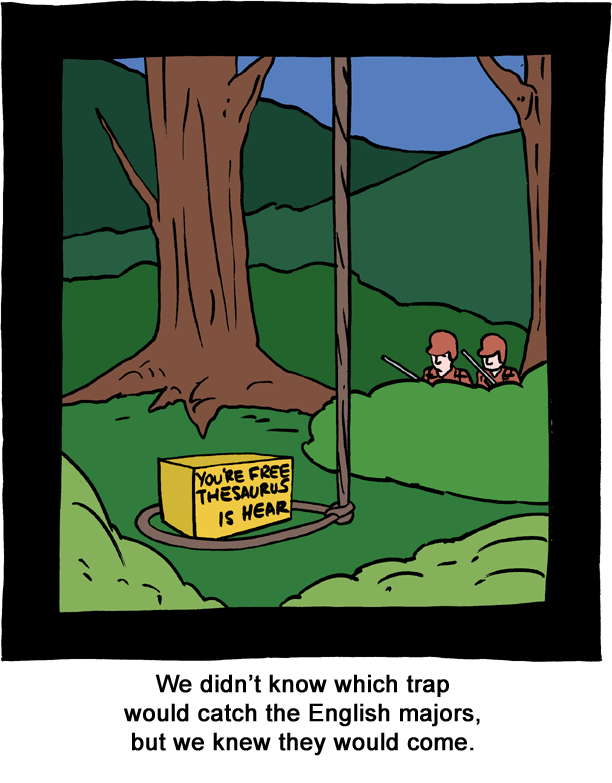I feel like so much of this year was good solid stones, and I feel blessed. This is beautiful, though, and tonight I hope you dance in the burning of those ephemeral things, twist and float like pieces of char in a fire and wake up in the new year baptized and sanctified by the flame.
Burning the Old Year
Letters swallow themselves in seconds.
Notes friends tied to the doorknob,
transparent scarlet paper,
sizzle like moth wings,
marry the air.
So much of any year is flammable,
lists of vegetables, partial poems.
Orange swirling flame of days,
so little is a stone.
Where there was something and suddenly isn’t,
an absence shouts, celebrates, leaves a space.
I begin again with the smallest numbers.
Quick dance, shuffle of losses and leaves,
only the things I didn’t do
crackle after the blazing dies.
Naomi Shihab Nye, “Burning the Old Year” from Words Under the Words: Selected Poems (Portland, Oregon: Far Corner Books, 1995). Copyright © 1995 by Naomi Shihab Nye. Reprinted with the permission of the author.
Source: Words Under the Words: Selected Poems (Far Corner Books, 1995)
Source: Words Under the Words: Selected Poems (Far Corner Books, 1995)
From poetryfoundation
